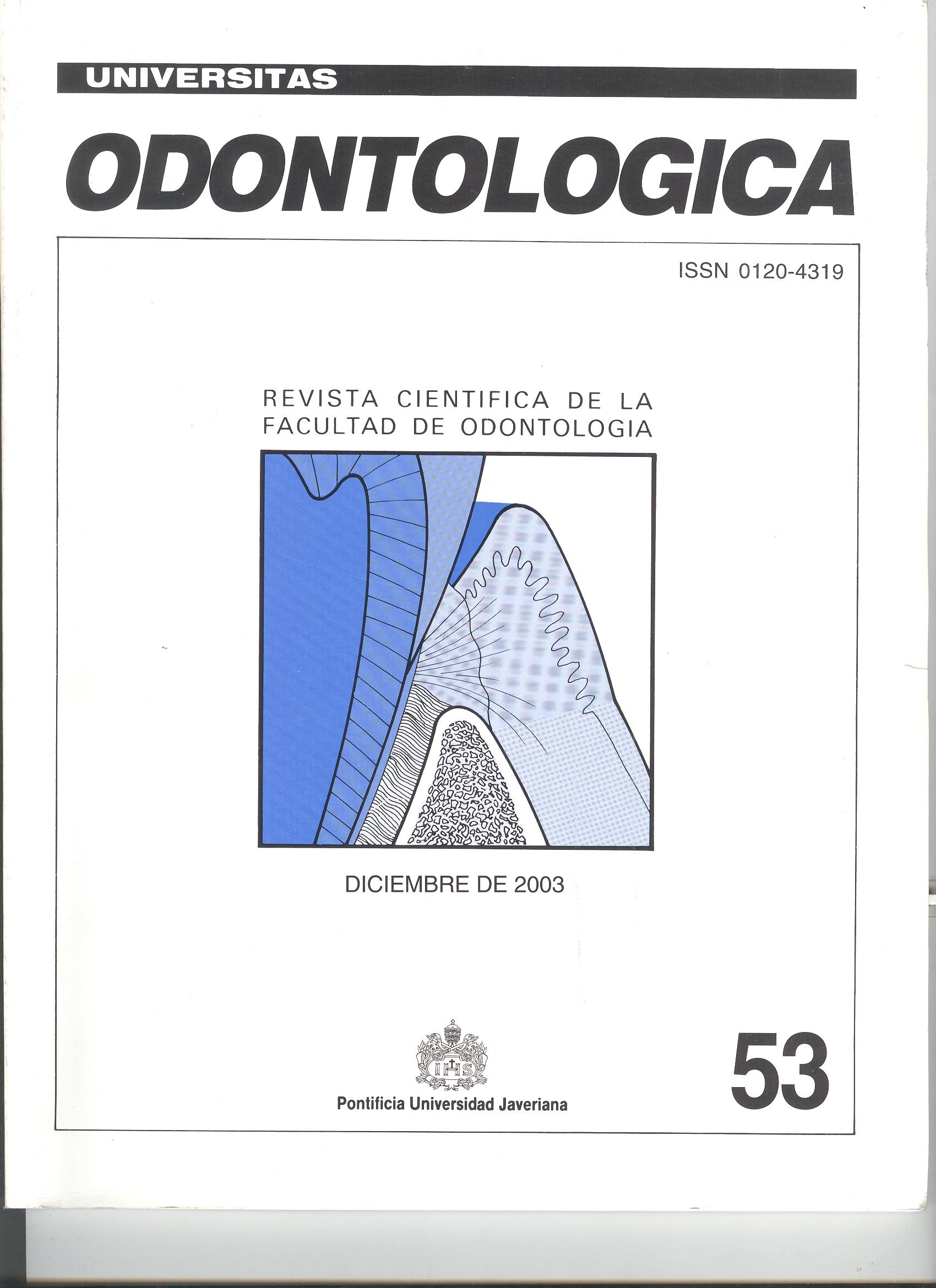Resumen
La medicina predictiva busca, en la medida de lo posible, prevenir enfermedades y desarrollar nuevas propuestas terapéuticas, garantizando la dignidad humana y teniendo en cuenta el ambiente y el entorno sociocultural. Con el desarrollo del proyecto Genoma Humano, ha cobrado gran auge una aplicación de la medicina predictiva: la genética predictiva. Se presenta en este artículo un análisis sobre los propósitos y beneficios tecnocientíficos de la genética predictiva, relacionándolos con los principios éticos y los posibles conflictos bioéticos que podrían surgir en un momento dado. Entre las ideas y tópicos que se desarrollan están: La utilidad del diagnóstico predictivo genético, con base en su historia familiar, para evaluar el riesgo de desarrollar un padecimiento hereditario; los errores históricos fruto de un mal manejo de la información sobre las enfermedades; las posiciones acerca de la manipulación de los genes al antojo del hombre; la necesidad de que un individuo dé su consentimiento y autorización, antes de ser sometido a pruebas genéticas; las potenciales limitaciones en el acceso a los beneficios del Genoma Humano por el aspecto económico; y, la crisis del concepto actual de salud.
UNESCO. Declaración Universal sobre el genoma humano y los derechos humanos. Cataluña, Mallorca, España: la Organización, 1997.
Blázquez N. Bioética, la nueva ciencia de la vida. Madrid, España : Ediciones BAC, 2000.
International Huntington Association and the World Federation of Neurology Research Group on Huntington’s Chorea. Guidelines for the molecular genetics predictive test in Huntington’s disease. Neurol 1994; 44: 1533-36.
Cely G. Gen-ética: Donde la vida y la ética se articulan. Bogotá: 3R Editores, 2001; 17-148.
García de la Cadena C et al. Attitudes regarding molecular diagnosis in Mexican families at risk of inheriting Huntington’s disease. Arch Med Res 1997; 28: 513-16.
Wexler N. Identificación de genes de enfermedades: Consideraciones éticas. Hospital Practice 1992; 7: 71-6.
Trincao C. Anemia of falciform cells. Anais do Instituto de Medicina Tropical 1966 Jul-Dec; 23(4): 490-508.
Tsirkina A. Tests for the identification of falciform erythrocytes. Laboratornoe Delo 1965; 6: 338-39.
Mira N, Márquez U. Importance of the diagnoses and treatment of phenylketonuria. Rev Saude Publica 2000 Feb; 34(1): 86-96.
Samperi P, Schiliró G. Adolescence and sickle cell disease. Minerva Pediatr 2002 Dec; 54(6): 517-19.
Strasser B. Linus Pauling’s molecular diseases: Between history and memory. Am J Med Genet 2002 Aug; 115(2): 83-93.
Kopelman L, Moskop J. Children and health care: Moral and social issues. Boston, USA: Kluwer Academic Publishers, 1989.
Lewis R. Founder populations fuel gene discovery. The Scientist 2001 Apr; 15(8)
Callahan D, Mark J. Hastings Center studies in Ethics. Washington DC, USA: Georgetown University Press.
Molina V. Las emociones y su relación con el sistema inmune. Acta Pediatr Mex 1997; 18(1): 6-11.
Beauchamp T, Childress J. Principles of biomedical Ethics. New York, NY, USA: Oxford University Press, 1979.
Rasmussen A, Alonso E. El diagnóstico predictivo genético y sus implicaciones. Salud Mental 2002 Feb; 25(1).
Dudokdewit A et al. Distress in individuals facing predictive DNA testing for autosomal dominant late-onset disorders: comparing questionnaire results with in-depth interviews. Am J Med Genet 1998; 75: 62-74.
Hayden M, Bloch M, Wiggins S. Psychological effect of predictive testing for Huntington’s disease: Behavioral neurology of movement disorders. Adv Neurol 1995; 65: 201-10.
Alonso M. Diagnóstico predictivo en enfermedades neurológicas (Memorias) México: Simposio: Fronteras de la Neurología, VII Congreso de la Academia Nacional de Medicina, Jun 1994.
Foster M, Sharp R. Genetic research and culturally specific risks, one size does not fit all. Trends Genet 2000; 16: 93-5.
Eng C, Hampel H, De La Chapelle A. Genetic testing for cancer predisposition. Ann Rev Med 2001; 52: 371-400.
Nance M, The US Huntington’s Disease Genetic Testing Group. Genetic testing of children at risk for Huntington’s disease. Neurol 1997; 49: 1048-53.
The American Society of Human Genetics Board of Directors and the American College of Medical Genetic Board of Directors. ASHG/ACMG Report: points to consider: ethical, legal, and psychosocial implications of genetic testing in children and adolescents. Am J Hum Genet 1995; 57: 1233-41.
Toth T et al. Questions and problems in direct predictive testing for Huntington’s disease. Am J Med Genet 1997; 71: 238-39.
Jaroff L, Dorfman A. Giant step for gene therapy. Time 1990; 136(13): 74.
Warnock M. A Question of life: The Warnock report on human fertilization and embryology. Oxford: Basil Blackwell, 1992.
Pierre T. La tentación de la eugenesia. Mundo Científico 1984; 38: 774-85.
Geller G et al. Genetic testing for susceptibility to adult-onset cancer. The process and content of informed consent. J Am Med Assoc 1997; 277: 1467-74.
Burgess M et al. Dilemmas of anonymous predictive testing for Huntington’s disease: Privacy vs. optimal care. Am J Med Genet 1997; 71: 197-201. 31. Morrison K. Genetic testing: to screen or not to screen? (Editorial). Brain 1999: 1805-06.

Esta obra está bajo una licencia internacional Creative Commons Atribución 4.0.
Derechos de autor 2003 Universitas Odontologica


